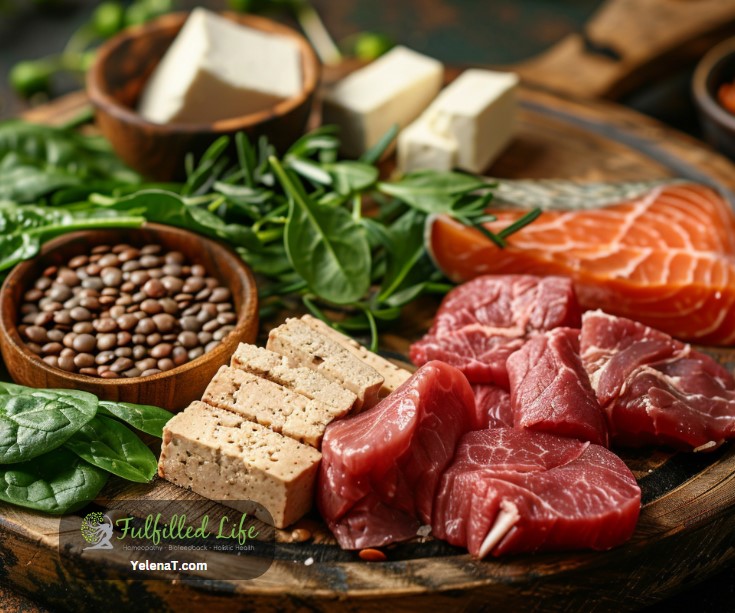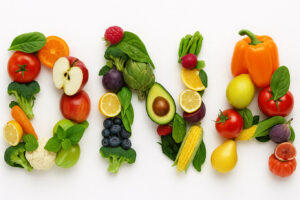Understanding Iron Supplementation
Iron supplementation plays a crucial role in combating iron deficiency, a widespread issue affecting millions globally. Iron deficiency anemia (IDA) is a significant concern, with about half of the 1.6 billion global cases of anemia attributed to insufficient iron levels. This makes iron deficiency one of the top 10 risk factors for disease worldwide.
Recognizing Symptoms of Iron-Deficiency Anemia
Recognizing the symptoms of iron-deficiency anemia is vital for early intervention. These symptoms may include:
- Gastrointestinal problems
- Weakness
- Fatigue
- Difficulty concentrating
- Impaired cognition
- Weakened immune function
- Decreased work or exercise performance
- Difficulties regulating body temperature
Enhancing Iron Absorption
One essential aspect to consider when supplementing with iron is its absorption. Did you know that vitamin C significantly enhances the absorption of nonheme iron found in plant-based foods? On the other hand, certain compounds like phytic acid in legumes, grains, nuts, and seeds, as well as polyphenols in coffee, red wine, and black tea, soy protein, and calcium, can hinder iron absorption. To maximize absorption, it’s beneficial to consume iron-rich foods alongside sources of vitamin C while being mindful of foods that may inhibit absorption.
Risks of Excessive Iron Intake
Iron supplementation can also pose risks if not managed appropriately. Excessive iron intake can lead to iron overload, which can be neurotoxic as the body struggles to excrete excess iron. Monitoring iron levels through blood tests, including ferritin levels, is essential to prevent iron overload and ensure optimal health.
Choosing the Right Iron Supplement
When selecting an iron supplement, it’s essential to choose a form with enhanced bioavailability and absorption. Iron bisglycinate chelate is considered superior in this regard compared to other forms of iron, which are known to cause constipation.
Specific Groups with Higher Iron Needs
Certain groups may require higher iron intake than the recommended dietary allowance. Vegetarians, vegans, and athletes, for example, may have increased iron needs due to factors such as differences in iron absorption or higher iron losses through sweat or menstrual blood.
Natural Sources of Iron
Natural sources of iron abound in both vegan and non-vegan diets, providing ample opportunities to boost iron intake through dietary choices.
Vegan Sources of Iron
- Legumes such as lentils, chickpeas, and tofu
- Leafy greens like spinach and kale
- Fortified foods like breakfast cereals and plant-based milk
It’s crucial to ensure that these plant-based sources are clean and organic, preferably sourced from sustainable farming practices to minimize exposure to pesticides and other contaminants.
Non-Vegan Sources of Iron
- Lean meats
- Poultry
- Seafood
- Eggs
- Dairy products
When selecting animal-based sources of iron, opt for clean, organic options such as grass-fed meats, pasture-raised poultry, and wild-caught seafood. Choosing eggs and dairy products from pasture-raised or organic sources can help ensure higher nutrient content and better animal welfare standards. By prioritizing clean, organic options, you can enhance the nutritional quality of your iron-rich foods while supporting sustainable and ethical agricultural practices.
Conclusion
In conclusion, iron supplementation can be an effective strategy to address iron deficiency and prevent associated health complications. However, it’s crucial to consider factors such as absorption, potential risks of iron overload, and individual iron needs when incorporating iron supplements into your regimen. Lastly, don’t forget to monitor your iron levels regularly through blood tests. When was the last time you had your iron levels checked?
To get personalized advice on iron supplementation and ensure you’re meeting your nutritional needs, schedule a free consultation with us today.








